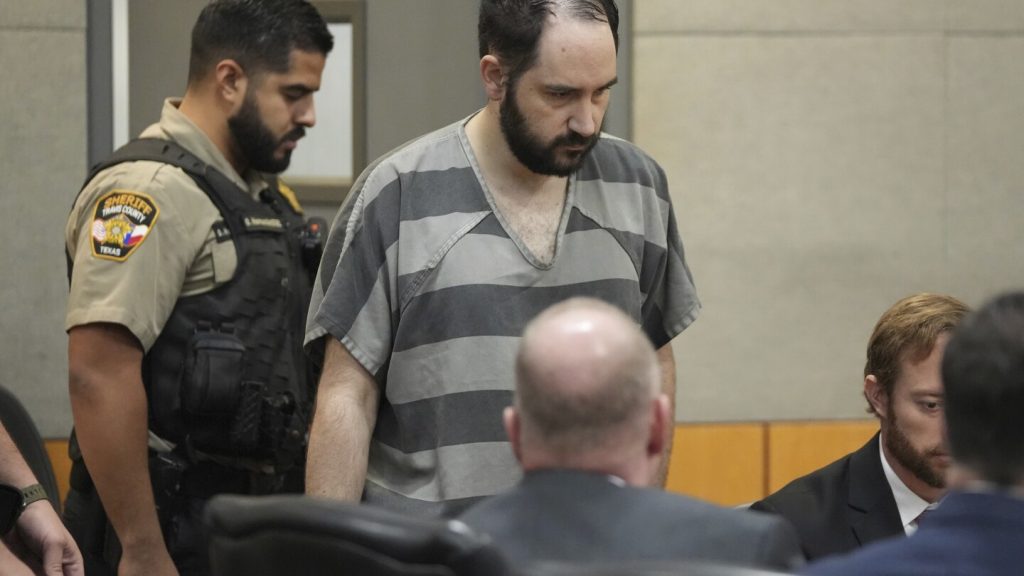Texas Governor Greg Abbott issued a full pardon for former US Army sergeant Daniel Perry, who was convicted of murder for fatally shooting an armed demonstrator in 2020 during protests against police violence and racial injustice. Perry, who is white, had been serving a 25-year sentence in state prison for the killing of Garrett Foster. The pardon was announced shortly after the Texas Board of Pardons and Paroles recommended it unanimously and restored Perry’s firearms rights. Perry was working as a ride-share driver when his car approached a demonstration in Austin, and prosecutors claimed he could have driven away instead of confronting Foster, an Air Force veteran.
A jury had previously convicted Perry of murder, but Governor Abbott deemed it a case of self-defense. Abbott pointed to Texas’ strong laws allowing self-defense as the reason for the pardon. This decision marks a departure from Abbott’s typical pardoning of minor offenses and his refusal to recommend a posthumous pardon for George Floyd for a previous drug arrest in 2004. Travis County District Attorney Jose Garza criticized the pardon, calling it a “mockery of our legal system” that prioritizes politics over justice. Garza argued that the actions of the board and the governor demonstrate a bias in the legal system.
The call for a review of Daniel Perry’s case came after pressure from former Fox News host Tucker Carlson, who had publicly urged Governor Abbott to intervene following Perry’s conviction. Perry’s defense attorneys argued that Foster had raised a rifle, leaving Perry with no choice but to shoot. Foster’s girlfriend, Whitney Mitchell, denounced the pardon as an act of “lawlessness” that disrespects her deceased partner’s life. The shooting and subsequent conviction sparked debate in 2020 during the nationwide protests after George Floyd’s death, and Perry’s case stirred outrage among conservatives when he was convicted three years later. Attorneys for Perry have not yet commented on the pardon.
Before being sentenced, Carlson aired a broadcast supporting Perry’s claim of self-defense and criticized Abbott for not appearing on his show. Abbott responded by stating his belief that Perry should not be punished and directing the parole board to speed up the review process. Text messages and social media posts that revealed Perry’s negative views toward Black Lives Matter protests were unsealed before sentencing. Perry, a former Army soldier who served in Afghanistan, was diagnosed with post-traumatic stress disorder and testified to being bullied as a child. The shooting occurred when Perry was stationed at Fort Cavazos, now Fort Hood, near Austin. The case has sparked debate over the interpretation of self-defense laws and racial bias in the legal system.


